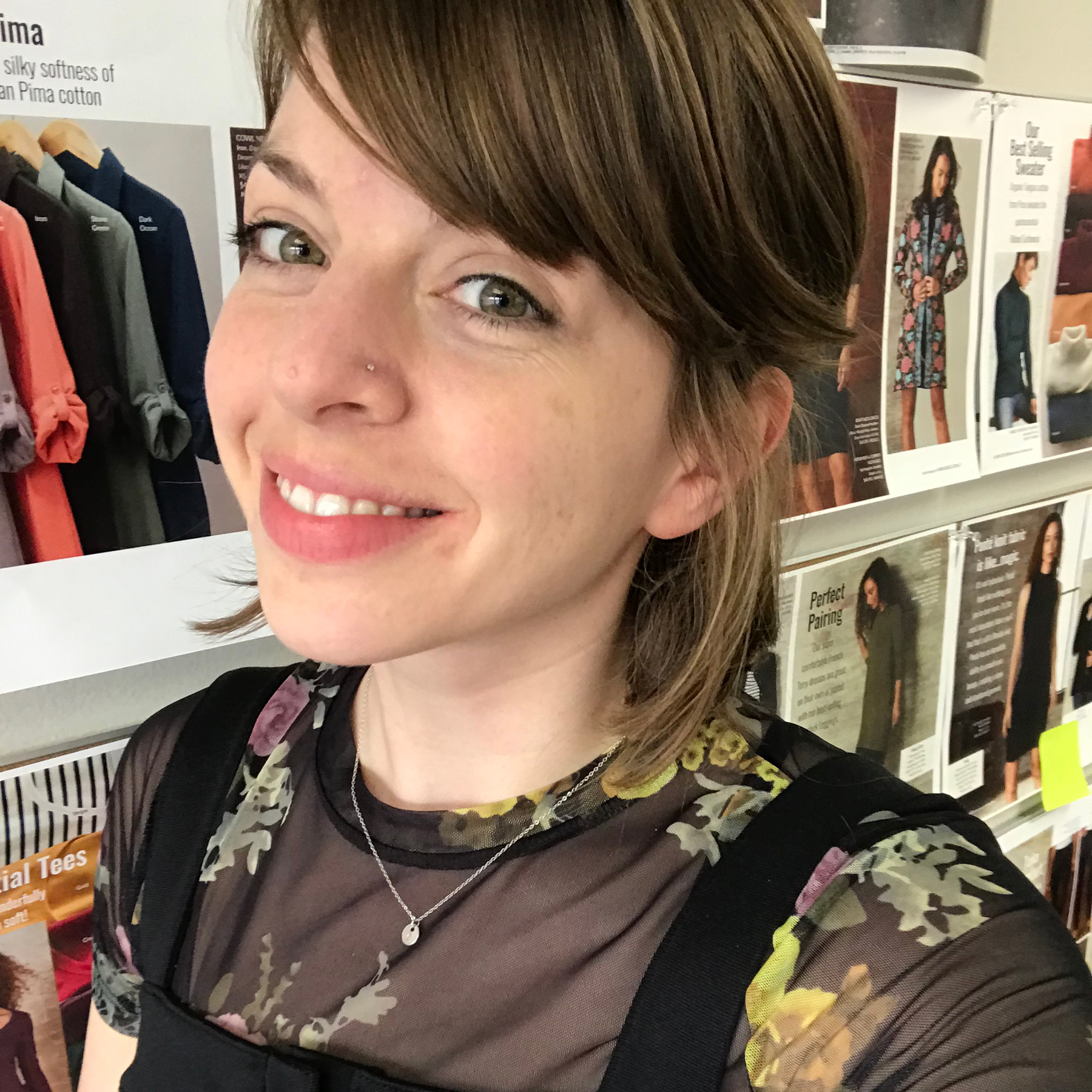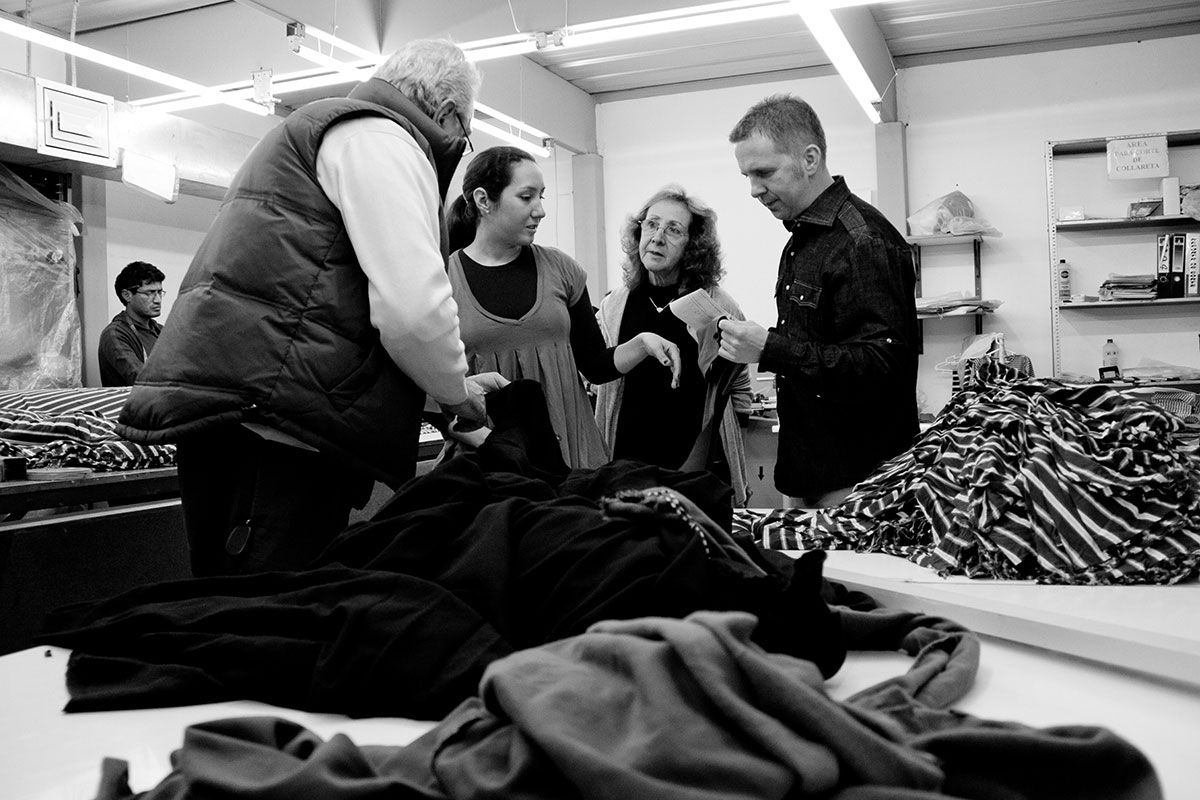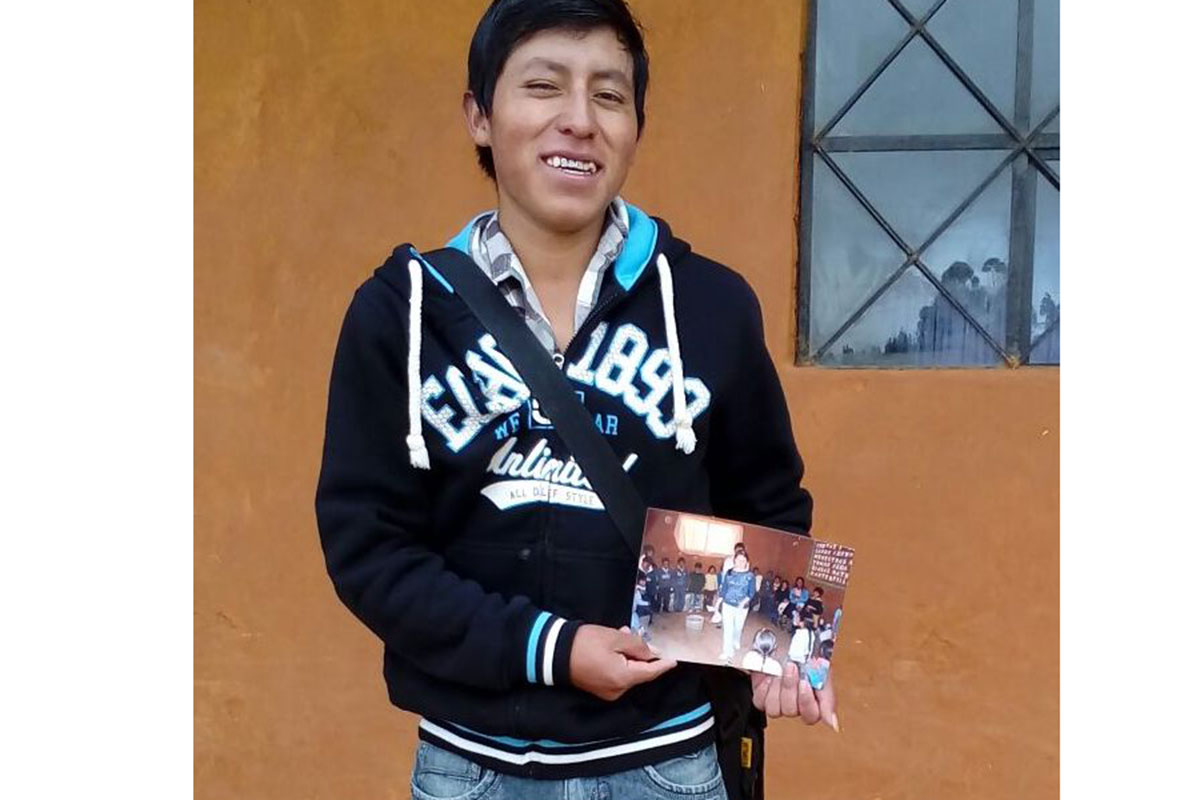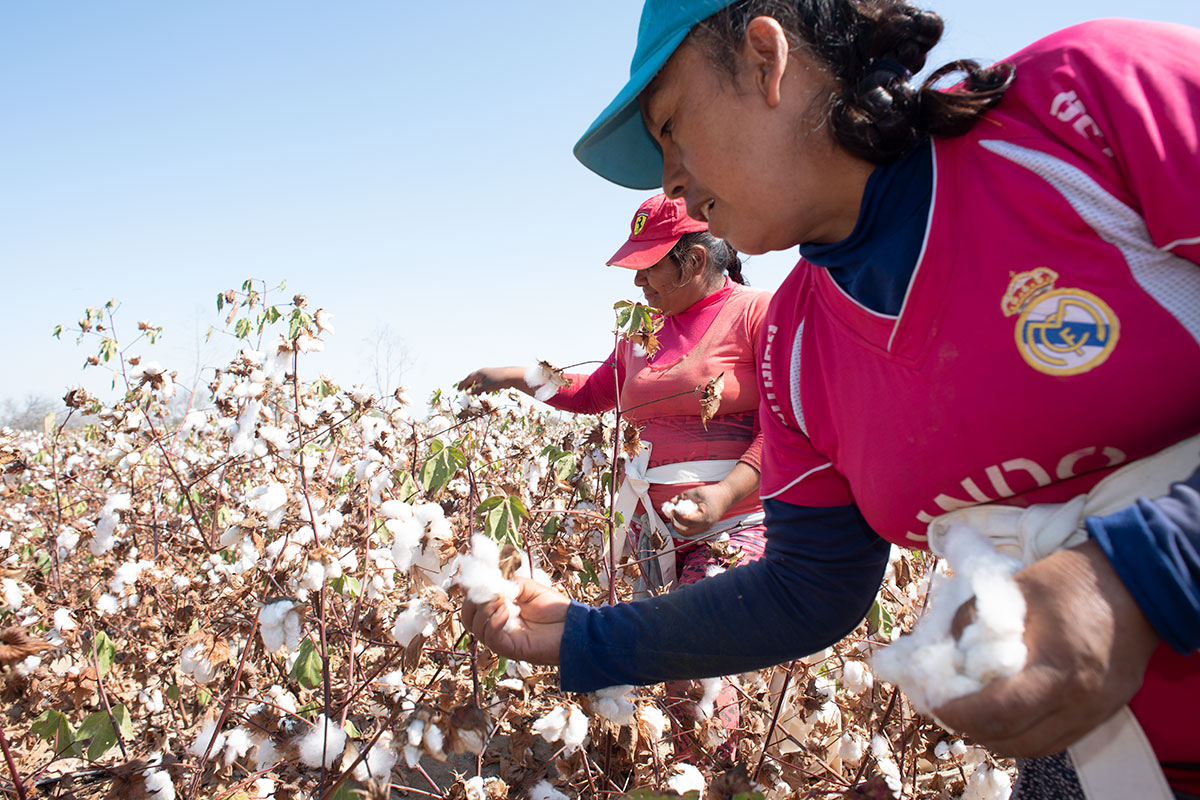16 months. 97 pairs of hands. 1 t-shirt.
Posted on February 25 2020

How do you make a t-shirt?
It starts with a handful of seeds. Add 16 months, 97 pairs of hands, and a generous amount of good luck (the weather being the least predictable part of the equation). That's the fairly (pun intended) abbreviated outline of what it takes to transform a handful of cotton seeds into the humble, essential t-shirt.
But wait. Do you know the history of the t-shirt, one of modern society's most-worn garments? Me neither. A little google sleuthing tells me the t-shirt emerged over 100 years ago - in 1898, the US Navy set out to create a garment that slips over your head without the need for buttons (yes, that was innovative in 1898!). The Navy officially issued these as undergarments in 1913 and the rest, as they say, is history.
We didn't initially set out to make the world's finest t-shirts. Our mission when we started in 2006 was to improve the lives of garment workers around the globe. But sometimes when an opportunity presents itself - when you discover a group of good people making products using the finest materials in the world - you find ways to amplify their efforts. You sort of stumble backwards into the business of making the world's finest tees.
We focus our efforts on t-shirts and knit clothing (clothing made from t-shirt-like fabrics). When you have the limited resources of a small staff, you need to make choices about what you believe will make the biggest impact. We've worked with our current production partners in Peru since 2011. We've visited their production facilities countless times. Spent the most awesome days in the schools where our non-profit Fair Indigo Foundation has transformed hundreds of families' lives. And spent evenings and long weekends with the family who oversees our operations and grows our cotton on two beautiful organic farms. Working with them, enjoying meals with them, getting to know their kids, grandkids, and friends. Because relationships are what fair trade is all about.
And when we say we know t-shirts... We. Know. T-shirts.
To circle back to the 15-month timeline above, that's how long it takes from planting the cotton seeds until the final t-shirt is ready for sale. 6 months for growing and 9 months for everything else - harvesting, processing the fiber, spinning that fiber into yarn, knitting the fabric, dyeing, washing, cutting, sewing, quality auditing, labeling, packaging, transporting. 15 months from dirt to shirt.
97 pairs of hands are involved in every step along the way. That's 97 hard-working souls - working together. On good days, clothing production can feel like a well-choreographed dance. On "other" days it can feel like pure chaos trying to get all the pieces to come together and the process to run smoothly and on time, season after season, year after year. Part of the struggle is because we're a small fish in a big pond, but we'll explain that piece of the puzzle another day.

When you consider all that goes into it, a 35-dollar price tag for a premium-quality, ethically-made t-shirt is quite an amazing price. Especially when every one of the 97 people along the production chain is paid a fair and living wage to make it all happen. And we've seen the impact your purchases are making firsthand:
- Irma and Gabriel were able to build a nicer home in a safer neighborhood and put their children through school
- Eberth has become the first high school graduate accepted into law school from our adopted school in Cajamarca
- family-owned, neighborhood cooperatives are thriving because the workers are paid a living wage and work in safe, clean conditions
- hundreds of children have been supported during their schooling
- school building improvements have been made to include additional classrooms and indoor plumbing
- over 3,000 pounds of pesticides have been kept out of our environment
- 2 family farms are thriving and employing dozens of local farmers in some of the most impoverished parts of Peru
Yes, all of that from a humble t-shirt. And all thanks to you. You're helping us fulfill our mission: to improve the lives of garment workers around the globe, to radically change the way we all think about our clothes, and to provide an education for the next generation in some of the poorest places on the planet. Thank you!
Change your clothes, change the world.

Stacy Imhoff
Designer + Social Media Marketing Manager






